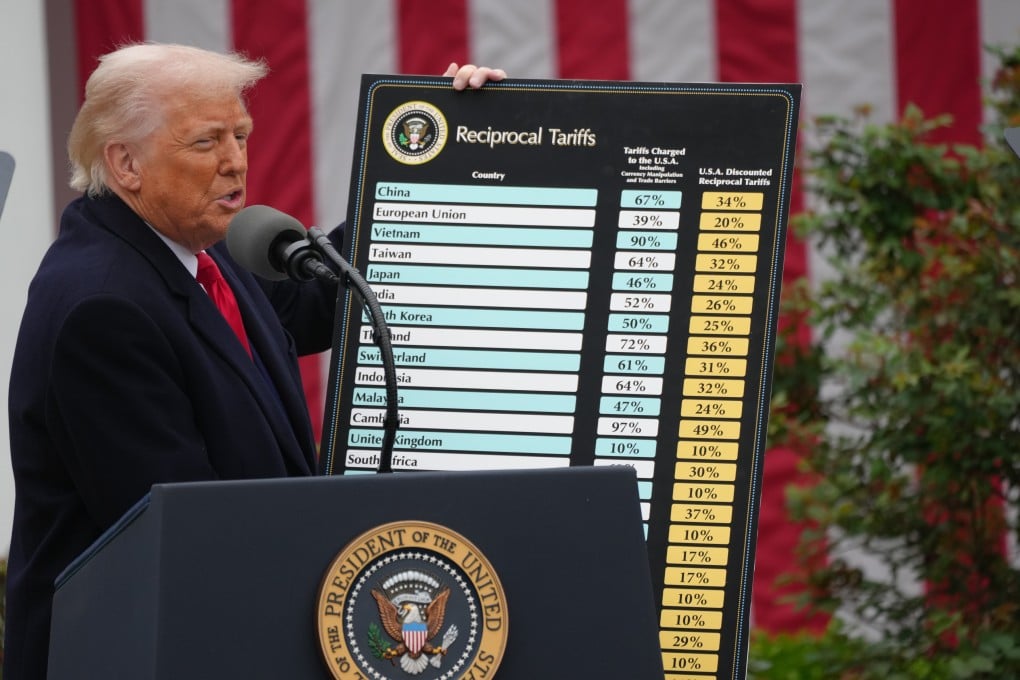Outside In | Real threat posed by Trump’s tariffs worse than a global recession
The US president cannot be allowed to replace world’s hard-won multilateral compromise and cooperation with bullying bilateralism

Rather, it is whether Trump succeeds in demolishing the fabric of the multilateral compromise and cooperation that have driven economic development and poverty reduction over the past seven decades, replacing it with a pattern of bullying bilateralism.
This might suit the US, as the world’s largest economy, but would be catastrophic for most of the rest of the world.
As Alan Wolff, former World Trade Organization deputy head and now a fellow at the Washington-based Peterson Institute for International Economics, argues, with the US accounting for just 9 per cent of the global goods trade, the future of rules-based trade primarily depends on the rest of the world.
